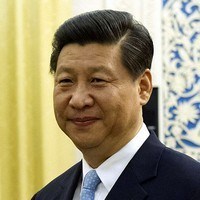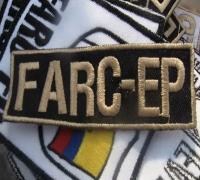
Recent developments have led some commentators to worry that China and the United States may stumble into a shooting match. Two events in particular have heightened tensions between Beijing and Washington: Last month, China proclaimed an air defense identification zone covering disputed territories in the East China Sea; then, on Dec. 5, a collision was narrowly avoided between the USS Cowpens and a Chinese naval vessel that was accompanying the Liaoning, China’s first aircraft carrier, on its maiden excursion into the South China Sea. Aware of the possibility of a clash that neither country wants, Chinese and American spokesmen have […]




